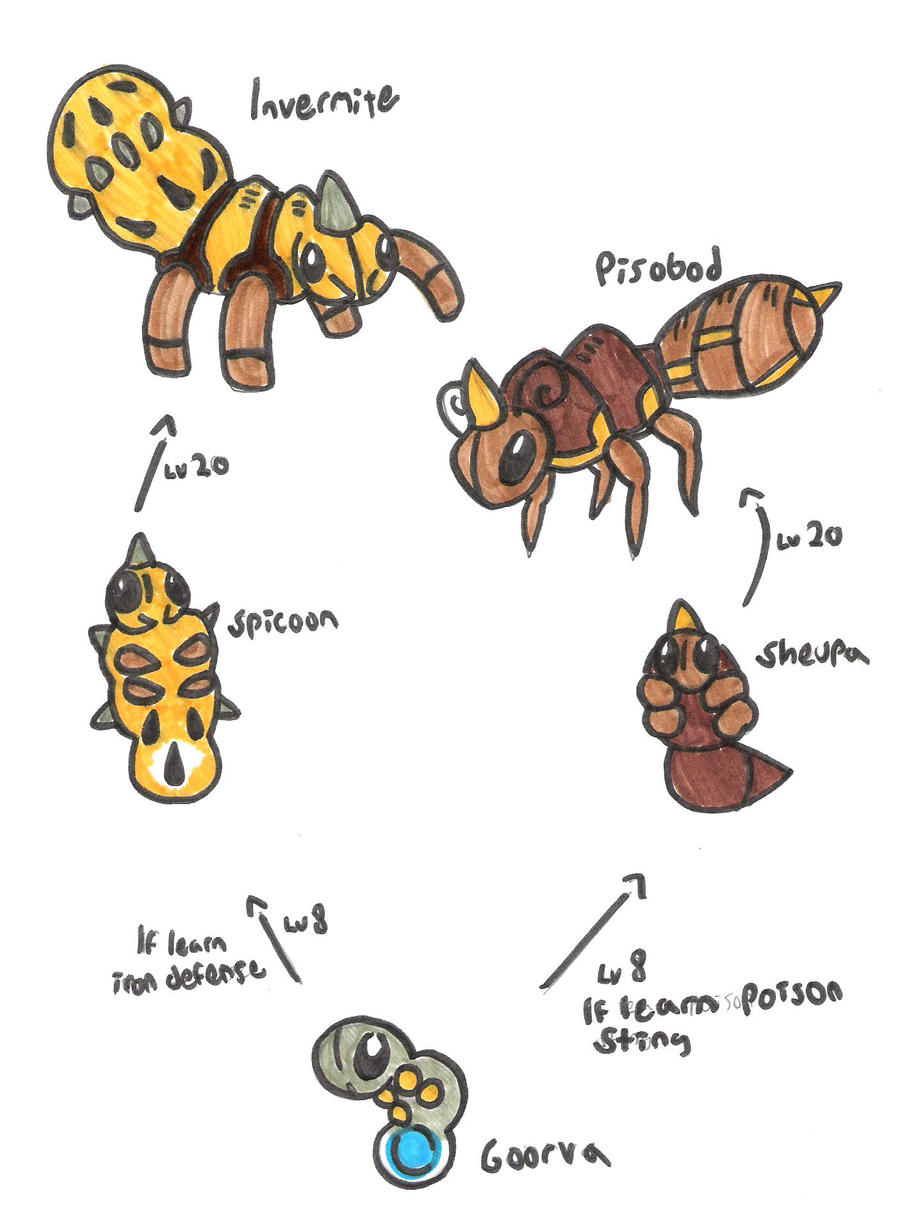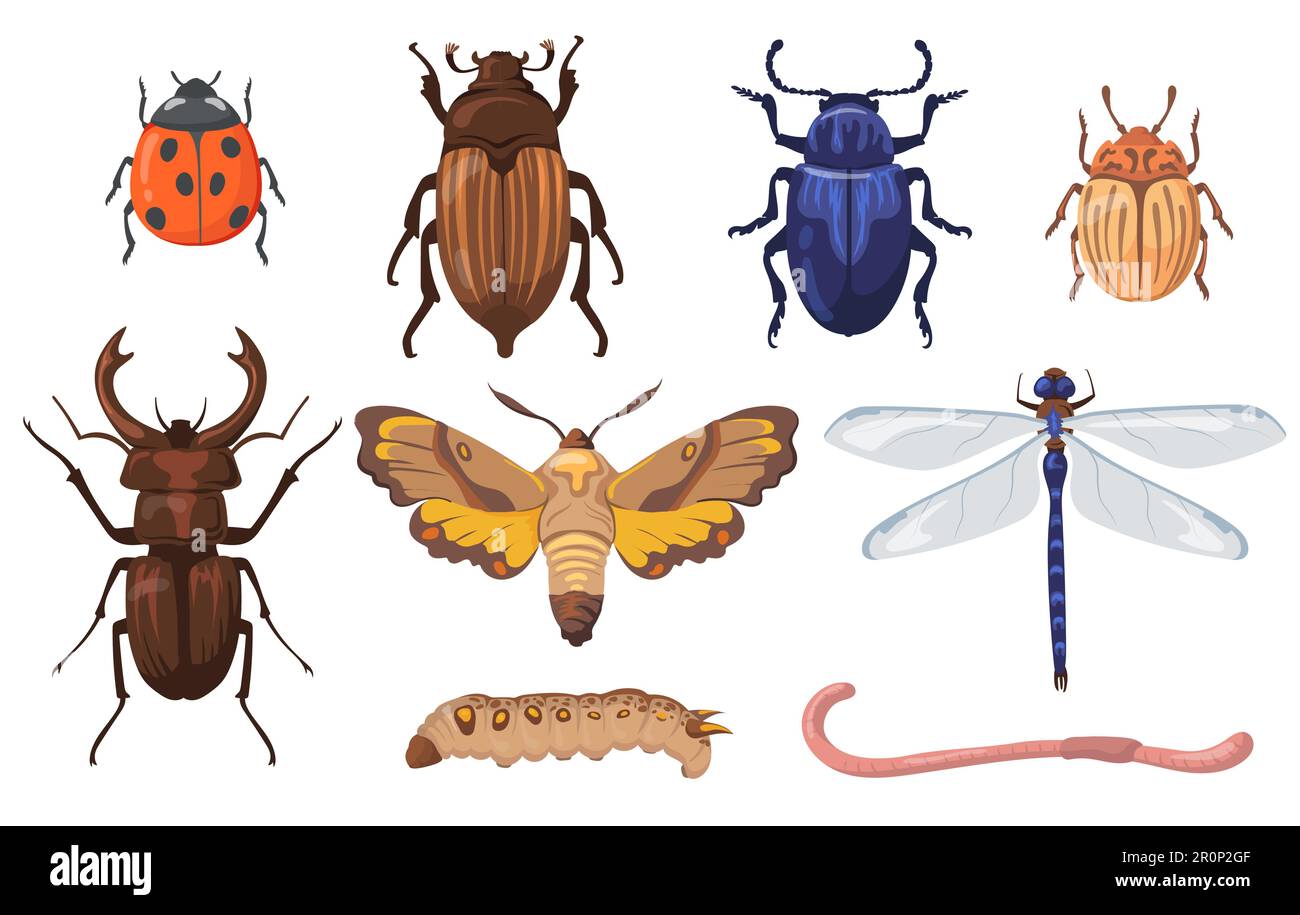Picture this: you're digging in your backyard, and suddenly you encounter these tiny wriggly creatures. Are worms bugs? This is the million-dollar question that's been buzzing around for years. Let me tell ya, worms might look like bugs, but they're actually a whole different category of critters. Buckle up, because we're about to uncover the truth behind these underground dwellers!
Now, you might think bugs and worms are the same thing, but here's the deal: worms and bugs are like distant cousins at a family reunion. They might share the same earthy vibe, but their biological makeup is worlds apart. Worms have been crawling around for millions of years, and they've got some tricks up their... well, segments that make them unique.
So, why does this matter? Understanding whether worms are bugs can help us appreciate the diversity of life in our ecosystem. Whether you're a gardener, a scientist, or just someone who's curious about the world beneath your feet, this topic is worth exploring. Let's get into it, shall we?
What Are Worms Anyway?
Alright, let's start with the basics. Worms are not bugs, but they're still pretty fascinating creatures. Worms belong to the phylum Annelida, which means they're segmented worms. Unlike bugs, worms don't have legs or antennae. Instead, they've got a long, cylindrical body that's perfect for burrowing through soil.
Key Characteristics of Worms
Here's a quick rundown of what makes worms, well, worms:
- They're segmented, meaning their bodies are divided into rings.
- They don't have legs, wings, or antennae.
- They're hermaphrodites, which means they've got both male and female reproductive organs.
- They play a crucial role in breaking down organic matter and enriching the soil.
So, while worms might look simple, they're actually pretty complex little beings. And no, they're not bugs.
What Defines a Bug?
Now that we've covered worms, let's talk about bugs. Bugs, or insects, are part of the class Insecta. They've got six legs, three body parts (head, thorax, and abdomen), and usually wings. Bugs are a diverse group that includes everything from butterflies to beetles.
Differences Between Worms and Bugs
Here's where things get interesting. While worms and bugs both live in the soil and contribute to the ecosystem, they're fundamentally different. Here's a breakdown:
- Bugs have exoskeletons, while worms have soft, flexible bodies.
- Bugs have legs, while worms rely on muscles to move.
- Bugs often have wings, while worms are strictly ground-dwellers.
So, if you're wondering whether worms are bugs, the answer is a big fat no. They're just two different types of critters doing their thing in the great outdoors.
Why Does It Matter If Worms Are Bugs?
Okay, so worms aren't bugs. But why does this matter? Well, understanding the differences between worms and bugs can help us appreciate the complexity of the natural world. Worms play a crucial role in maintaining healthy soil, while bugs contribute to pollination and pest control. Both are important, but they do different jobs.
The Role of Worms in Ecosystems
Worms are like nature's little recyclers. They break down organic matter, turning it into nutrient-rich compost that plants love. Without worms, our gardens wouldn't be as lush and fertile. In fact, according to a study by the University of California, worms can increase soil fertility by up to 50%.
So, while worms might not be bugs, they're still pretty darn important. And hey, who doesn't love a good compost pile, right?
Common Misconceptions About Worms
Let's be real: worms get a bad rap sometimes. People think they're gross or that they're just another type of bug. But here's the thing: worms are actually pretty amazing. They're not slimy, they're not dirty, and they're definitely not bugs.
Debunking the Worm-Bug Myth
One of the biggest misconceptions about worms is that they're just tiny insects. But as we've already established, worms and bugs are totally different. Worms don't have legs, wings, or antennae, and they belong to a completely different phylum. So, the next time someone tells you worms are bugs, you can confidently say, "Not even close!"
Fun Facts About Worms
Now that we've cleared up the whole worms-are-not-bugs thing, let's talk about some cool facts about worms:
- Earthworms can grow up to 22 feet long! (That's longer than a car!)
- Worms don't have eyes, but they can sense light.
- Some species of worms can regenerate lost segments.
See? Worms are way more interesting than you thought. And hey, they're not bugs, so that's already a win in my book.
How Worms Benefit the Environment
Alright, let's talk about the real reason worms matter: they're environmental superheroes. Worms help aerate the soil, improve water retention, and increase nutrient availability for plants. Without worms, our gardens, farms, and forests would be in serious trouble.
Worms and Sustainable Agriculture
Worms are a key player in sustainable agriculture. By improving soil health, worms help farmers grow healthier crops without relying on chemical fertilizers. According to the Food and Agriculture Organization of the United Nations, using worms in agriculture can reduce fertilizer use by up to 30%.
So, the next time you're munching on a fresh tomato or crunching into a crisp apple, remember to thank the worms that made it possible.
Worms in Pop Culture
Believe it or not, worms have made their way into pop culture. From children's books to animated movies, worms have been charming audiences for years. While these depictions might not always be scientifically accurate, they help spread awareness about these amazing creatures.
Worms in Movies and TV
One of the most famous worm characters is the lovable Worm from the movie "A Bug's Life." While Worm isn't technically a bug, he's still a great representation of the importance of worms in the ecosystem. And hey, who doesn't love a good underdog story?
How to Attract Worms to Your Garden
If you're a gardener, attracting worms to your garden is a no-brainer. Worms are nature's little helpers, and having them around can make a huge difference in your plant's health. Here's how you can make your garden more worm-friendly:
- Add organic matter like compost or leaf mulch to your soil.
- Keep your soil moist, but not waterlogged.
- Avoid using chemical pesticides, which can harm worms.
By creating a welcoming environment for worms, you'll be supporting a healthier, more sustainable garden.
Conclusion: Are Worms Bugs?
So, are worms bugs? The answer is a resounding no. Worms and bugs might share the same habitat, but they're fundamentally different creatures with unique roles in the ecosystem. Worms are fascinating, beneficial, and downright awesome in their own right.
Now that you know the truth about worms, why not share this article with your friends? Or better yet, head out to your backyard and see if you can spot a few worms in action. Trust me, they're worth getting to know.
Table of Contents

